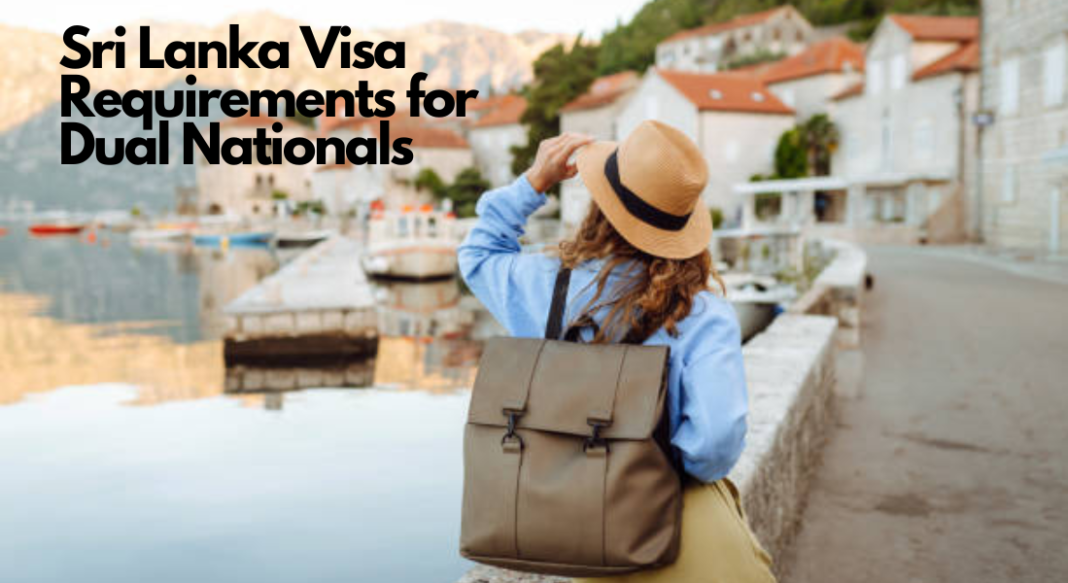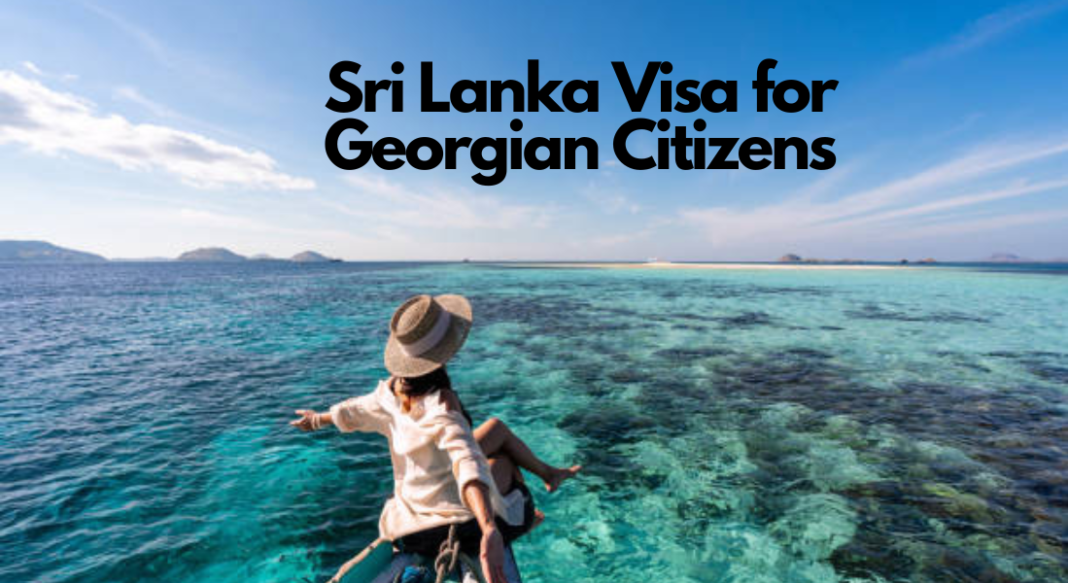Understanding Dual Nationality and Its Implications
Dual nationality, also known as dual citizenship, refers to the condition of an individual being recognized as a citizen by two different countries simultaneously. This legal status allows individuals to enjoy rights and privileges associated with both citizenships, but it is accompanied by responsibilities that may vary depending on the laws of each country. The acceptance of dual nationality differs globally, with some nations permitting it while others enforce restrictions or do not recognize it at all.
For dual citizens, the implications of holding dual nationality can significantly influence various aspects of life, particularly in the context of international travel and residency. One important consideration is the legal requirement to fulfill the obligations imposed by both countries. This may include paying taxes or meeting military service commitments, depending on national laws. Additionally, dual nationals must be aware of the protection and rights afforded to them by both governments, which can come into play during legal matters or emergencies abroad.
When it comes to visa requirements, dual nationality can complicate matters, notably for countries like Sri Lanka. The visa policies for foreigners can differ based on the individual’s nationality, affecting the documentation needed to enter or reside in Sri Lanka. Dual citizens must ensure they comply with the visa regulations applicable to both citizenships when traveling to Sri Lanka. Understanding the intersection of dual nationality and visa requirements is crucial, as it allows individuals to navigate the complexities of international laws and facilitates a smoother travel experience.
In this context, it becomes imperative for individuals holding dual citizenship to remain informed about their rights and responsibilities. By doing so, they can better understand how their legal status influences their ability to travel, reside, and engage with countries like Sri Lanka effectively.
Sri Lanka’s Visa Policy for Dual Nationals
SRI LANKA VISA WITH DUAL NATIONALITY policy is designed to accommodate a range of travelers, including those holding dual nationality. For dual nationals, understanding the specific visa requirements is essential to ensure a smooth entry into the country. The primary types of visas available for dual citizens include tourist, student, and residency visas, each tailored to meet different needs and circumstances.
The tourist visa is one of the most common forms of entry for dual nationals who wish to explore Sri Lanka. This visa typically allows for short visits, ranging from 30 days to up to six months, depending on the specific regulations in place at the time of application. It’s advisable for applicants to check the latest updates to ensure compliance with any changes in the visa duration or entry conditions. For those wishing to study in Sri Lanka, a student visa is necessary. This visa is granted upon acceptance into an educational institution and often aligns with the duration of the academic program.
Residency visas are available for dual nationals intending to stay in Sri Lanka long-term. This type of visa requires a more extensive application process, which may include proof of financial stability, the purpose of stay, and possibly a sponsorship letter. It is worth noting that dual nationals are generally treated similarly to single nationality citizens concerning visa issuance. However, they may encounter unique challenges or requirements based on the laws pertinent to their nationality. Therefore, it is crucial for prospective travelers to review the specific stipulations related to their nationalities to avoid any misunderstandings during their application process.
In light of these points, understanding the intricacies of Sri Lanka’s visa policy for dual nationals enhances the overall travel experience. Careful consideration of the requirements can facilitate a seamless journey.
Application Process for Dual Nationals
The application process for dual nationals seeking a visa to Sri Lanka begins with understanding the type of visa required based on the purpose of travel. Dual nationals must first identify whether they are applying for a tourist visa, business visa, or any other category. It is crucial to visit the official Sri Lankan immigration website or consult with the nearest Sri Lankan embassy for specific requirements.
Once the visa type is determined, the applicant must gather necessary documents. Commonly required documents include a valid passport, a recent passport-sized photograph, proof of accommodation, return flight tickets, and details indicating the purpose of travel. For business visas, additional documentation such as a letter from the sponsor organization or a business registration certificate may be needed. A comprehensive list can typically be found on official resources, ensuring adherence to all regulations.
The application fee varies depending on the visa type and duration of stay, and can be paid online or at the embassy/consulate. It is advisable to keep payment receipts as they may be needed for reference during the application process. Once the documentation is compiled and fees are paid, applications can be submitted either online through the Electronic Travel Authorization (ETA) system or directly at the relevant Sri Lankan diplomatic mission.
Throughout this process, applicants should be wary of common pitfalls such as submitting incomplete documentation or failing to fill out forms accurately, which can lead to delays or rejections. To mitigate challenges, it is helpful to double-check all submitted documents and ensure they comply with the latest guidelines.
Once submitted, tracking the application is essential. Dual nationals should allow ample time for processing and be prepared for potential requests for additional information. Overall, following the outlined steps carefully will facilitate a smoother application process for obtaining a Sri Lanka visa.
Frequently Asked Questions (FAQ) about Sri Lanka Visa for Dual Nationals
The SRI LANKA VISA REQUIREMENTS process can often be confusing, especially for dual nationals. Here are some common questions and answers that may help clarify the Sri Lanka visa requirements for those with dual citizenship.
1. Does dual nationality affect the duration of my Sri Lanka visa? For dual nationals, the duration of the Sri Lanka visa generally remains the same as for any other foreign nationals. Typically, travelers can obtain a tourist visa for a maximum duration of 30 days, which can be extended if necessary. However, it is essential to verify the specific conditions based on the citizenship held and the visa category being applied for.
2. Are there different entry and exit requirements for dual nationals? Dual nationals are usually required to present the passport of the country they are entering Sri Lanka from upon arrival. This establishes the legal basis for entry. It is also important to leave Sri Lanka with the same passport used for entry. Failure to do so may result in complications during the exit process, including additional scrutiny from immigration authorities.
3. What should I do in case of an emergency while in Sri Lanka? In case of an emergency, dual nationals should immediately contact their respective embassies or consulates. It is advisable to carry emergency contact information and relevant documents, including proof of citizenship, visa details, and travel insurance. Consular assistance can provide invaluable support for issues ranging from lost passports to medical emergencies.
4. Can dual nationals apply for an e-Visa for Sri Lanka? Yes, dual nationals can apply for an e-Visa, provided that the application is made with the valid passport of the nationality that corresponds to the online application system. This online process simplifies the visa application, allowing travelers to obtain approval before arriving in Sri Lanka.


